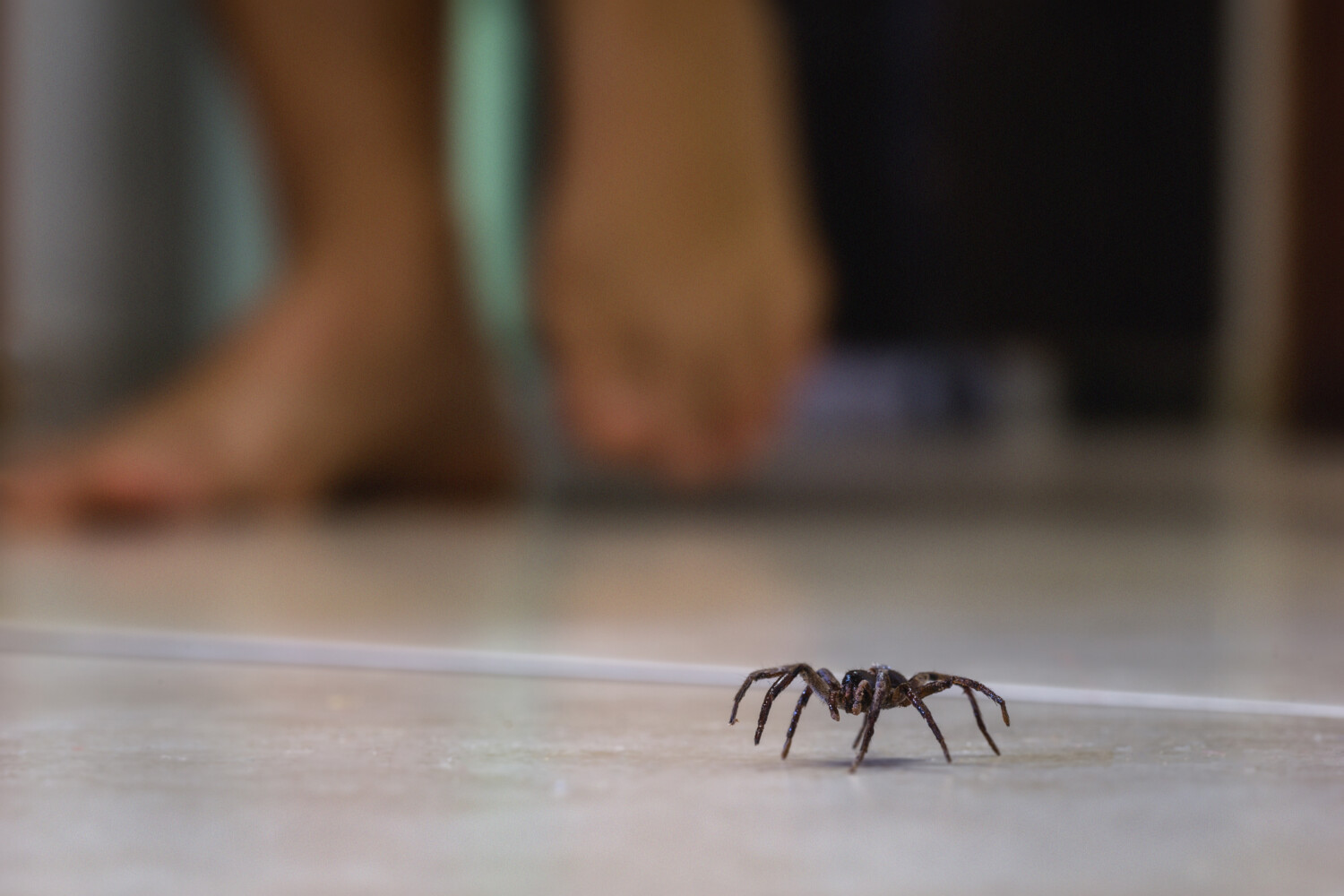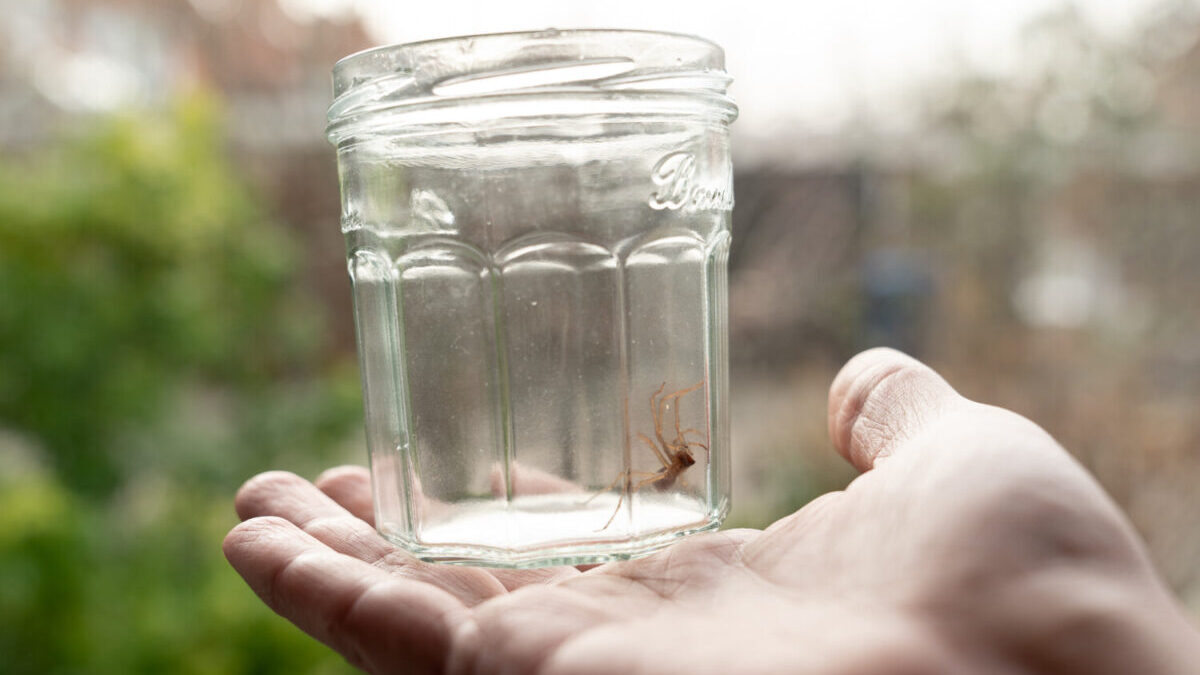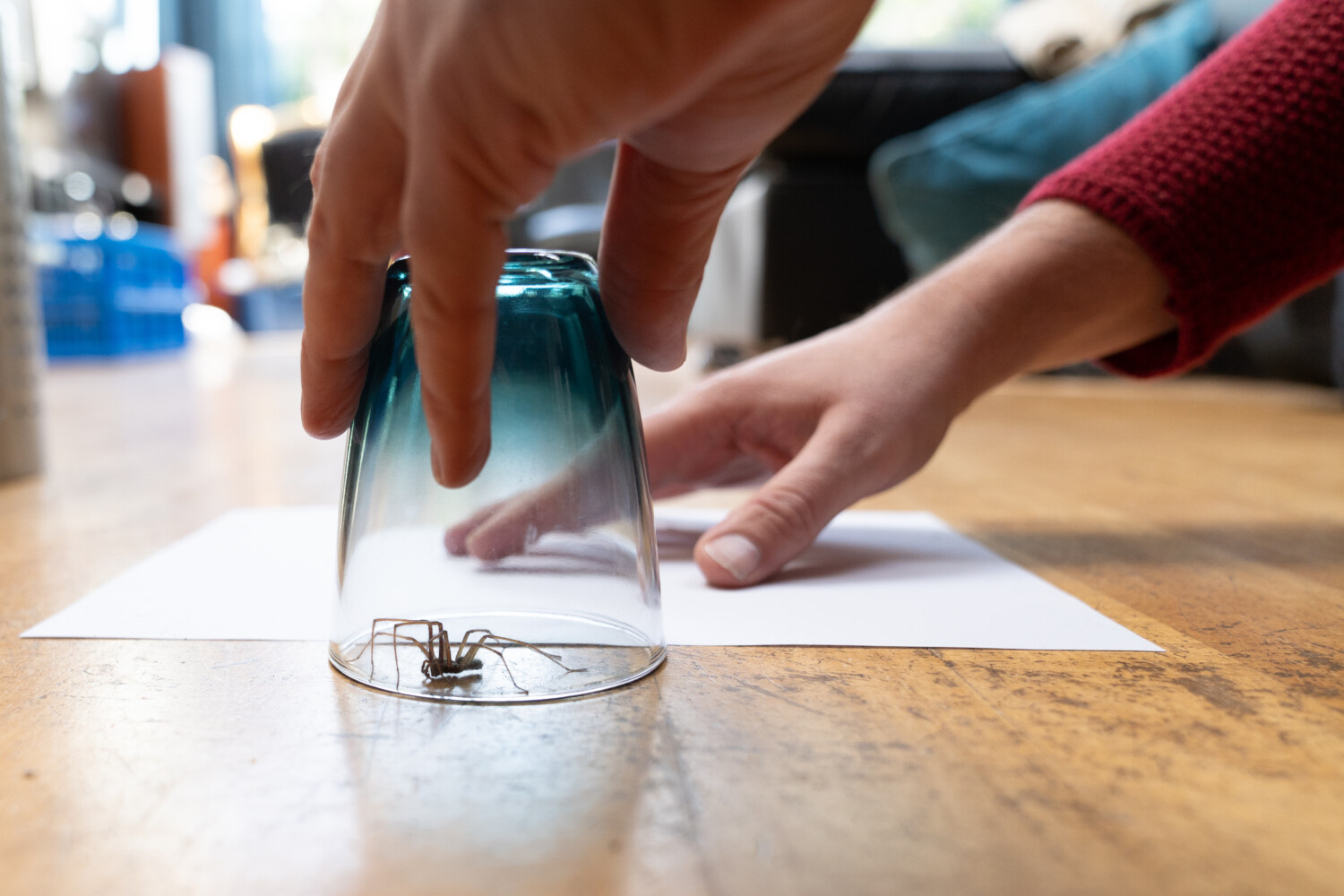Fear of spiders is a real thing. A survey of 1,000 Americans by Insight Pest Solutions found that 20% considered spiders to be the most frightening pest of all, with women rating themselves at a 5.6 out of 10 when it comes to fear level, and men rating themselves at 4.4.
But even if you love them (maybe you follow @mini_robomuppets on TikTok, for example), these small arachnids can surprise you when you least expect it. Whether or not they make you shriek as they descend a thread of silk within your line of sight, though, spiders are actually a good thing to have around.
Most Spiders Are Harmless
According to the World Spider Catalog, researchers have identified 50,000 species of spiders across the globe to date (there may be as many more). Around 4,000 of those types exist in the U.S. And while all spiders are venomous to a degree, just a few species can even bite through human skin and their venom is only slightly irritating.
A dozen or so species can cause serious harm to humans — and of those, just one species is venomous enough and aggressive enough to be considered dangerous to people: the funnel-web spider of Australia (which is not at all surprising). In the U.S., only the black widow and the misunderstood and maligned brown recluse species have enough poison to matter, and they tend to be shy, biting only when cornered.
Even though at first thought you might want to kick this freeloading roommate out, they actually can pull their fair share of weight around the house. Here’s why you should consider thinking twice the next time you go to swat a spider with a broom, stomp on it with your foot or suck it up in the vacuum.

Why Spiders Are Beneficial
Although many people don’t always understand the utility of insects and arachnids, they’re actually very important to the ecosystem. They pollinate flowers, control other pests, maintain healthy soil and help recycle nutrients. They also provide an important source of protein for animals and even people that eat them.
And specifically having a spider around the house can be a good thing, really! Spiders are vital to our indoor ecosystems, as they prey on other insects like flies, mosquitos, roaches, millipedes, moths and ants. They also eat cockroaches and even other spiders, in some cases, stopping the spread of disease as they help keep homes pest-free.
In fact, these eight-legged creatures probably eat much more than you think. One study showed that spiders eat an astonishing 400 to 800 million tons of insects and other invertebrates annually. Unlike termites, having a spider infestation won’t cause any structural harm to your home or apartment building, either (although it may look pretty scary).
As for spider bites — they are relatively harmless and can’t necessarily be distinguished from the bites of insects, such as fleas.

How To Remove Spiders From Your Home Humanely
You could always turn a blind eye to the spider and just let it be. But if that advice makes the hair on the back of your neck stand up, here are a few other things to try.
For a larger spider, consider grabbing an empty jar with a lid; mason jars are great for this. Catch it and immediately release it outside.
If the spider is tiny, you can probably get it to hitch a ride on a piece of scrap paper. It might start to run around on the sheet or crawl underneath it, but you should be able to quickly transport it to a new home (aka not yours).
A third option is to capture it with an upside-down drinking glass and slide a piece of paper under it to keep it inside. Then lift the paper and the glass together at the same time and release it outside.
However, you may wish to note that true house spiders won’t always be able to survive if you release them, as they won’t know how to live outdoors.

Make Your Home Less Inviting to Spiders
You can help prevent spiders from entering your home to some degree by keeping your home clean, making sure kitchen floors are free from crumbs and that you vacuum carpets regularly. Spiders don’t eat human food, but keeping the pests that they do eat away will help.
Switch off outdoor lighting and remove leaf piles or stacks of firewood from the perimeter of your home, since spiders are attracted to places that provide warmth and shelter. Then, apply a homemade repellent made from essential oils, dish soap and water. Spray it in places you think a spider might enter your house.
This story originally appeared on Simplemost. Check out Simplemost for additional stories.



